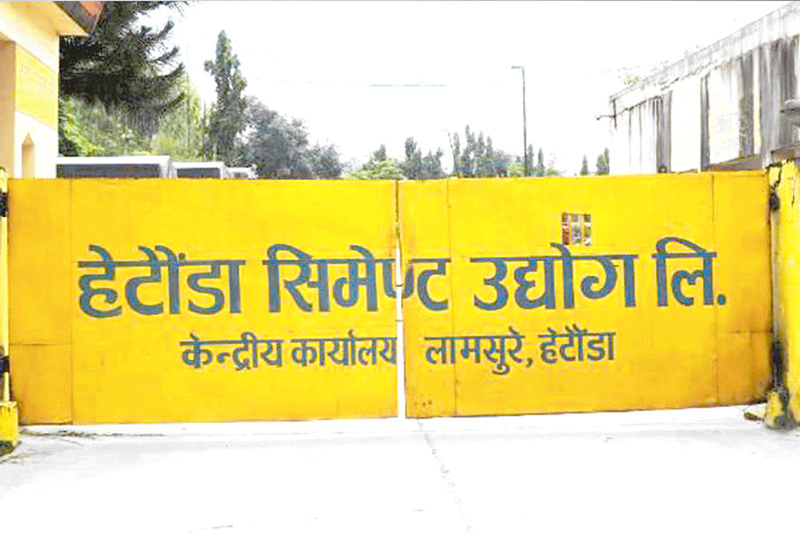Kathmandu – After months of silence, the Hetauda Cement Industry has finally resumed production from Monday, bringing a sigh of relief to workers and local stakeholders. The factory had been closed since mid-Baishakh due to mechanical failures in its aging machinery and a shortage of coal — both critical to running the operation.
According to acting General Manager Engineer Rambabu Sah, the plant became operational again after completing essential repairs and managing a fresh supply of coal. “We were facing a serious coal shortage,” Sah said. “We’ve now managed around 1,000 tons of coal under an agreement to pay for it after selling the produced cement.”
Established in 1976 (2033 BS) in Lamsure, Hetauda, the state-owned cement factory began production a decade later in 1986. Despite its historic significance and potential, the plant has struggled for years due to recurring financial issues, outdated technology, and frequent operational halts. This latest shutdown was one among many, a reflection of the long-standing challenges the industry faces.
Just earlier this year, the plant had restarted briefly and produced around 100,000 bags of cement before halting again. Now, with the repairs done and coal secured, production is back — but not without ongoing concerns.
The factory relies on limestone from four mines located in Jogimara (Dhading) and Okhre, Majuwa, and Bhaisey (Makwanpur). However, Sah says that running the plant consistently is still difficult due to multiple challenges: outdated machinery, limited market access, inconsistent pricing policies, insufficient staffing, and increasing competition in the cement market.
Despite these hurdles, the factory’s revival offers a glimmer of hope — not just for its employees but also for those who still believe in the potential of Nepal’s public industries, if given the right support and modernization.

















FACEBOOK COMMENTS